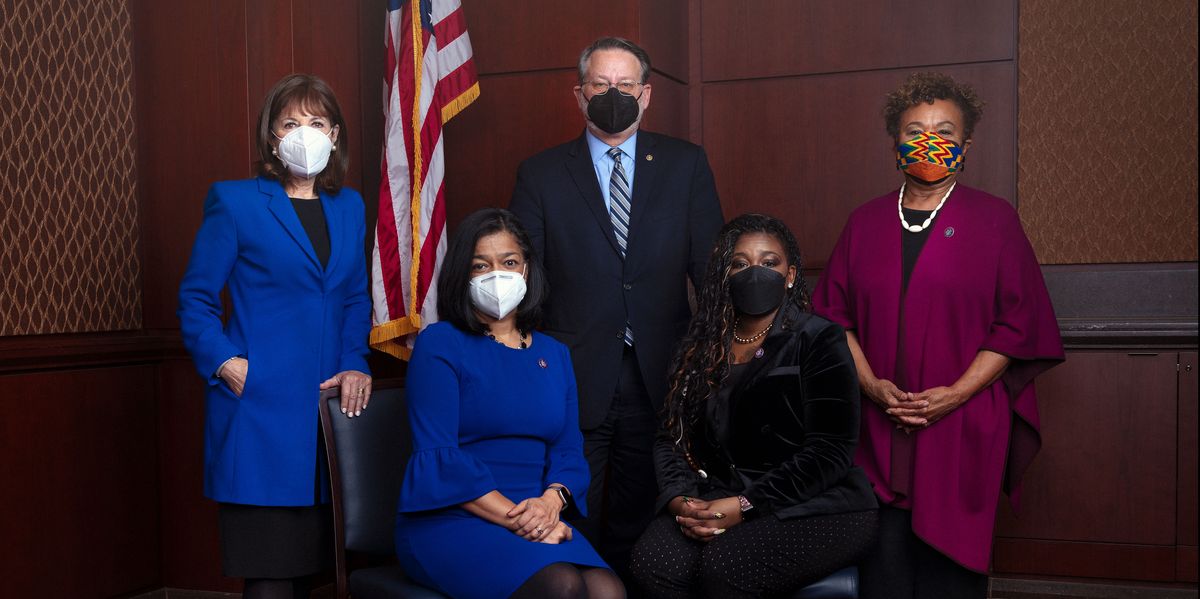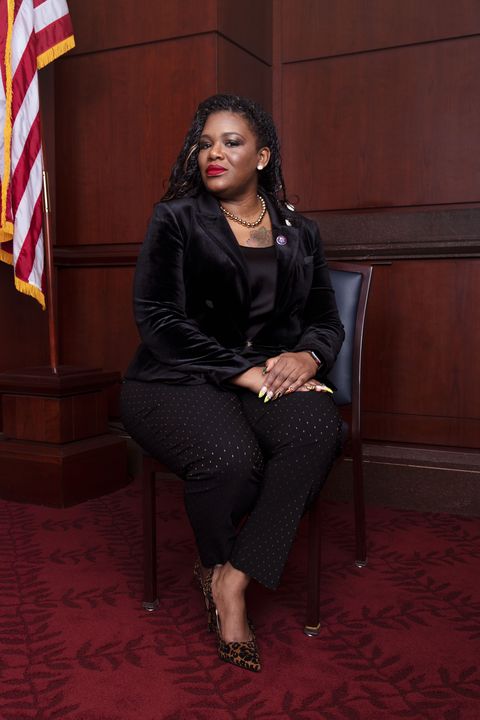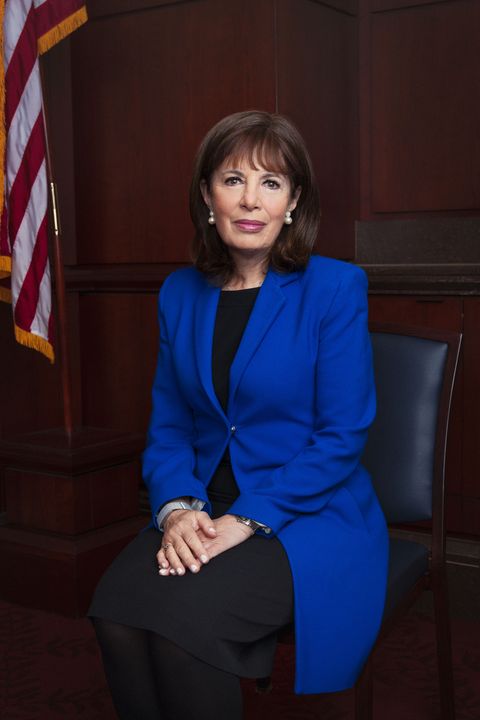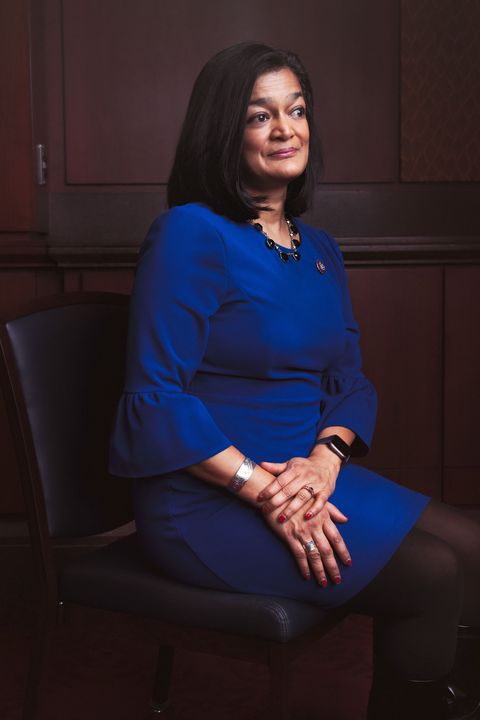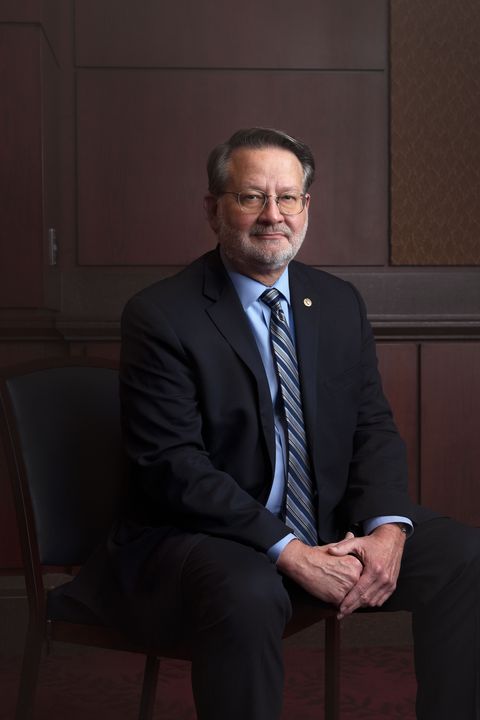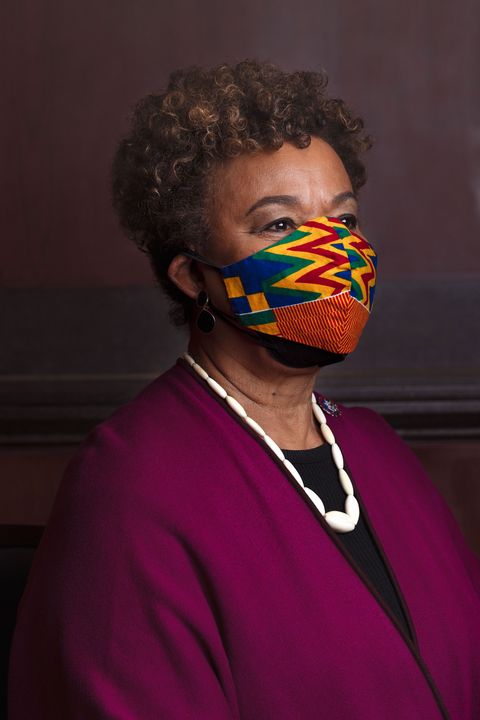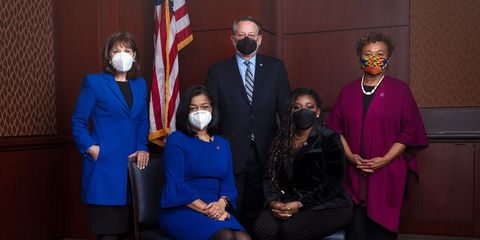It’s been nearly 50 years since the Supreme Court ruling in Roe v. Wade established the constitutional right to have an abortion in the United States. Today, millions of Americans are facing a potential future without that protection. It was reported on Monday that the Supreme Court has already privately voted to strike down Roe, per a leak of the initial draft majority opinion obtained by Politico. If the decision gets published as-is, most likely this summer, around half the states in the country are poised to ban abortion. Over the last few years, states have been passing “trigger laws,” which make abortion illegal as soon as the Court allows it. Some states have also been voting in favor of a record number of other restrictions, including imposing patient waiting periods, burdening clinics with costly and medically unnecessary requirements aimed at shutting them down, and the policy du jour among Republicans: banning abortions at various points pre-viability—as early as six weeks, before most people even know they are pregnant.
Abortion remains legal, for now. But as we prepare for a nation without Roe, ELLE brought together five members of Congress who have been open about their personal experiences with abortion: Representatives Cori Bush, Pramila Jayapal, Barbara Lee, and Jackie Speier, and Senator Gary Peters. The members gathered at the U.S. Capitol in February to discuss how to protect abortion access. Of the 536 members of the current Congress, these five are the only ones to have gone on the record with their abortion stories; there are likely many more, given that recent estimates have found that nearly one in four women in the U.S. will have an abortion in their lifetime.
These members chose to participate in ELLE’s historic roundtable discussion because they know the power that comes from making the political personal. In sharing their own stories, they are giving a voice to the hundreds of thousands of people who, each year, for hundreds of thousands of reasons, choose to have an abortion. Abortion patients are your neighbors, your friends, your colleagues, and, yes, even your elected officials. Below, in their own words, they discuss why abortion rights are so essential.
Rep. Cori Bush
I was 17 when I got pregnant. We went from just talking, and then next thing I knew, he was on top of me. I literally didn’t know what was happening. Did I say something wrong? I remember just lying there. A few weeks later, I found out that I was pregnant. I was able to go to the Yellow Pages and call; I didn’t have to jump through hoops or anything. When I went into my own consultation, I’ll never forget how I was treated. I’ll never forget being told, “If you don’t do this, you’re going to be on welfare.” I just remember feeling so hurt, and I just didn’t know what to do. I felt very alone, but I had the option to make the decision to go ahead or to not. I made the best decision for me, because mentally and emotionally I was not in a good place. It changed my life, because it gave me the space to be able to take care of Cori first.
Rep. Jackie Speier
I was 40 years old when I had my abortion at 17 weeks. The fetus had slipped through the cervix into the vagina. They put me upside down in a hospital bed, trying to have the fetus return to the uterus, and it just wasn’t happening. So I decided that it was time to have the abortion. The majority of women who have abortions are mothers. I was a mother. I wanted that baby, but it wasn’t meant to be. I told my story on the House floor in 2011 because the very first bill that my colleagues on the other side of the aisle had introduced was H.R. 1, which was to defund Title X. It was targeted at Planned Parenthood, and they were particularly focused on second-trimester abortions, which was what I had. I remember my colleague on the other side of the aisle talking about sawing off limbs; I felt this rage build up inside of me and thought to myself, how dare you talk about something you know nothing about? When I got up to speak, I said, “I had a procedure.” I was trembling. I walked to the back of the chamber and [the late] John Lewis was standing there [with] tears in his eyes. He said, “Jackie, that’s one of the most powerful speeches I’ve heard on this floor.”
Rep. Pramila Jayapal
I had a very difficult first pregnancy. My kid, Janak, who goes by they/them pronouns, was born at 1 pound, 14 ounces, at 26 and a half weeks. By all medical standards, they should not be here. They did survive, but it was rough. [They had a lot of ongoing medical issues]—everything you can imagine as a kid. I went through postpartum depression, ended up getting a divorce, and then [met] a wonderful man after that. I was one of those people who take birth control religiously and still get pregnant. My doctor said, “There’s no guarantee that you’re not going to have the same kind of birth.” [With Janak,] I ended up having an emergency C-section. [The doctor said,] “We don’t know why that happened with Janak, but it just may be that it happens again.” Janak was just a few years old at the time, maybe three or four. And I realized there was just no way that I could possibly take care of Janak and take care of myself and go through potentially the same scenario again. I really wanted to have another child, but I knew I could not do it then.
Sen. Gary Peters
[My then-wife and I] were expecting a second child, a child that we wanted and were looking forward to bringing into the world. But toward the end of the second trimester, her water broke. We knew something was really wrong. The physician said, “There’s no way this fetus can survive.” But because there was a faint fetal heartbeat, he had to get approval from the hospital board. And I’ll never forget listening to the message on the answering machine as he said, “I’m very sorry to say the hospital refused my request.” He said he was fearful that my wife had an infection, and that if she waited any longer to have an abortion she could lose her uterus. He said, “If you wait even longer, you’ll lose your life.” We were fortunate a friend of ours is an administrator at a different hospital, and he was able to get us in immediately.
Rep. Barbara Lee
I was born and raised in El Paso, Texas, and I was raised Catholic. Fast-forward to the 11th grade—way before Roe v. Wade. I got pregnant. Of course, there was no comprehensive sex ed class in school. I was in a quandary, but thank goodness my mother was there to support me. She called her friend, and her friend said not to worry, that she knew a doctor in Juárez, Mexico. Her friend took me, and I was terrified. My mother gave me the money. It was $200. I’ll never forget that. It was a back-alley clinic. But the doctor was a really good doctor; he was kind. It was late at night, maybe 10 p.m. We crept up there and walked in, and my mother’s friend was with me the whole time. And I survived. But all the while, I knew what was happening to women who had these back-alley abortions, because then, for Black girls and women, that was a cause of death for so many of us. So of course I was fearful and worried. Afterward, I thanked God that I survived, because I knew so many women hadn’t.
Their Conversation
Jayapal: The thing that strikes me is how different each of our experiences was, but also how they’re all rooted in this idea of it’s our choice. It’s our bodies. We get the right to either make the determination or not. That determination is so personal. It is your circumstance, your doctor, your life. And you are the one, by the way, that has to carry the baby, take care of the baby, and so you have to be able to make that choice for yourself.
Bush: And I think the social safety net is not structured in such a way to where, if I would not have had that abortion, how was I supposed to then take care of this child? Mentally and emotionally, I was not in a good place. And so having that available, it changed my life, because it gave me the space to be able to take care of Cori first before I put my hurt and my trauma onto a child.
Speier: I’m a practicing Catholic. I go to mass every Sunday, and [one time] this older woman came up to me and said, “I want to talk to you.” I thought she was going to lambaste me about my position on abortion. But what she said has stuck with me: “I had to carry a fetus that was dead to term, and it has affected me my entire life.” That’s the kind of activity that [could] be engaged in by so many if we don’t speak up.
Lee: What I’ve found though by talking about is that so many people have had this experience that I did not know. Still it’s hard to talk about because still the stigma. Every time I heard Congresswoman Speier talk, I said, “Oh my God, that is so brave of you.” Because she talked about it long before me. She gave me a lot of courage to step up when I did.
Jayapal: Jackie, I Googled, “Has any member of Congress ever spoken about an abortion?” And I watched your video, that same video you just described, on the floor. And I thought to myself, if she can do it, so can I. And I just want to thank you for that. I decided I was going to talk. It was liberating and terrifying. I had to make sure I had security around me; I got a lot of death threats.
Peters: I was surprised at how many men came to me as well that said, “I went through this as well with my wife.” We don’t talk about it, but because we don’t talk about it, and we keep it in ourselves, it just eats away at us as well. It’s such a complex issue. It’s such an intensely personal issue, and to have politics get in the middle of it—to get hard-and-fast rules make decisions for people in one of the most vulnerable times that they will probably ever have in their life—is simply unacceptable.
Lee: And also it’s going to be those women that don’t have money who are going to be denied access to abortions. It’s going to be women who can’t travel to states to have an abortion. It’s going to be primarily Indigenous, Black, and brown women, initially, who are going to be once again disproportionately impacted. It’s going to be them who are gonna bear the brunt again of an unequal, racist system.
Bush: The way that these laws are set up, making sure we have the right people in place who recognize this is not about politics, it’s about people.
This conversation has been abridged and edited for clarity. A version of this article appears in the May 2022 issue of ELLE.
